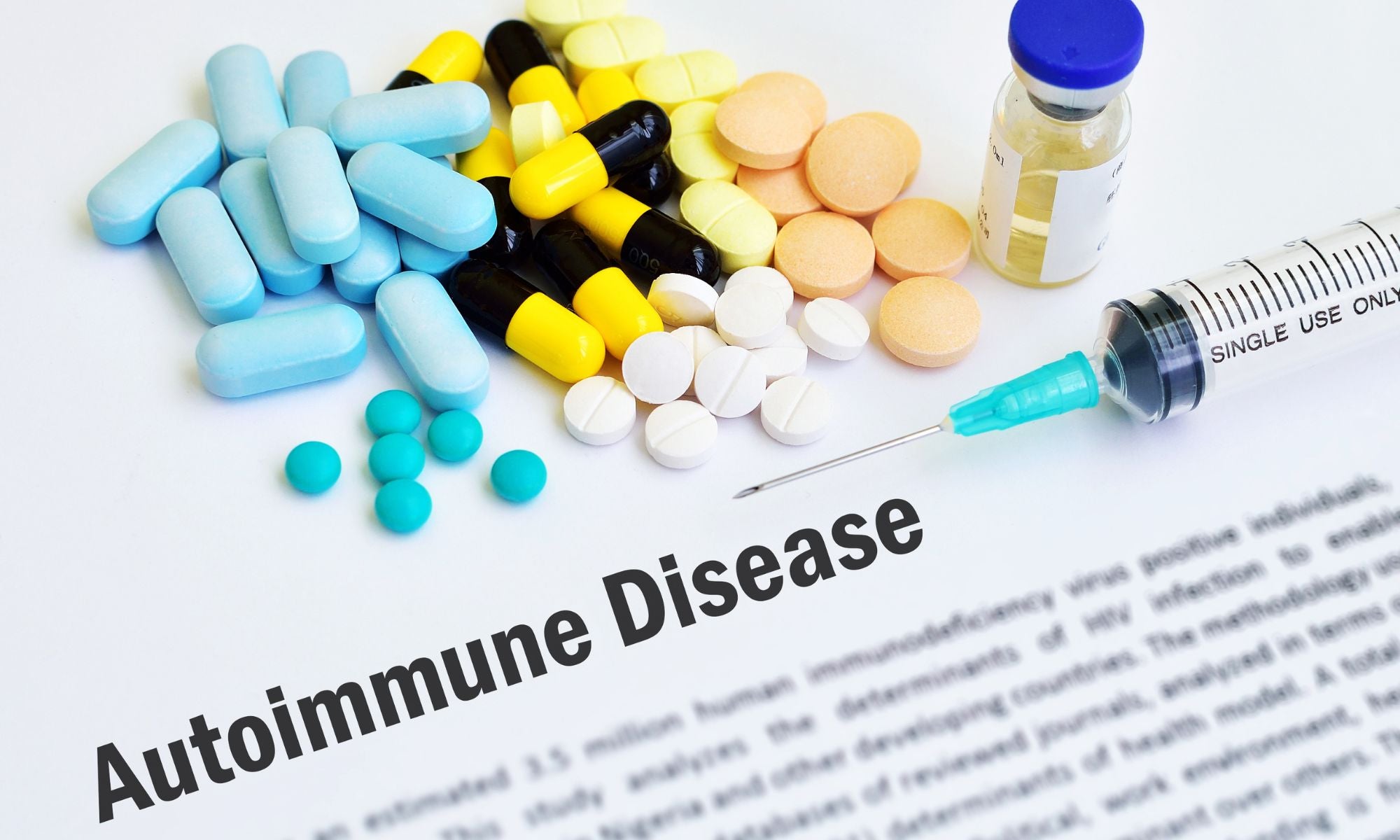
Understanding Leaky Gut Syndrome: Causes, Symptoms, and Treatment
Introduction: What is Leaky Gut Syndrome, and What are its Causes?
Leaky gut syndrome, frequently called intestinal permeability, is a malfunction in which the intestinal lining is compromised, and toxins and bacteria can permeate the bloodstream. Leaky gut syndrome, often called intestinal permeability, is a malfunction in which the intestinal lining is compromised, and toxins and bacteria can permeate the bloodstream. It can cause many symptoms, such as fatigue, bloating, food sensitivities, skin issues, etc. Gut barrier dysfunction and hyper-permeability are related conditions often associated with leaky gut syndrome. Understanding how these conditions work together is critical to finding an effective treatment plan for those suffering from this disorder.
A medical condition known as a leaky gut syndrome, gut barrier dysfunction, or hyper-permeability is commonly seen and may cause various signs of illness and health difficulties. The situation occurs when the small intestine's lining becomes damaged, allowing toxins from the digestive tract to pass into the bloodstream. This can lead to inflammation, nutrient deficiencies, and other health issues. Fortunately, some natural treatments can help reduce leaky gut syndrome and promote better overall health.
- Probiotics are live microorganisms that have been found to have some health benefits. However, it is essential to note that not all probiotics are created equal. Different strains of bacteria and yeast can each cause various effects on the body. Some strains may help your gut wall function better, while others may help build up your immune system and assist you with nutrient absorption.
Research shows that probiotic use has demonstrated beneficial effects for those with IBS, inflammatory bowel disease (IBD), attention deficit hyperactivity disorder (ADHD), and depression among other research shows that probiotic use has demonstrated beneficial effects for those with IBS, inflammatory bowel disease (IBD), attention deficit hyperactivity disorder (ADHD) and depression among others benefits.
- Vitamin D is one of the most important nutrients that we need, with such benefits as supporting bone health, immune function, and heart health. It is also shown to help fight depression associated with seasonal affective disorder (SAD) in some cases. Even individuals with mild deficiency or insufficiency benefit from vitamin D supplementation.
A randomized controlled supplementation trial in healthy adults showed significant improvements in mood, cognitive performance, and sleep quality, among other benefits. Some studies have even shown negative associations between vitamin D levels and depression. , but it's still unclear whether these results can be attributed to the vitamin itself. Vitamin D levels are negatively associated with major depressive disorder, dysthymia, and the severity of depressive symptoms in animal models. There is not yet evidence that vitamin D supplementation improves antidepressant response in humans.
Signs & Symptoms of Leaky Gut Syndrome
A leaky gut syndrome is a condition that affects the digestive system, causing a wide range of uncomfortable symptoms. Its signs and symptoms include abdominal pain, bloating, gas, diarrhea or constipation, nausea, fatigue, and food sensitivities. By understanding the signs and symptoms of leaky gut syndrome, you can take steps to address this condition and improve your overall health.
Leaky gut syndrome is a condition that can lead to an influx of toxins into the bloodstream, causing a wide range of symptoms. Generally, the bacteria and food particles in your digestive system can leak through weak spots in your stomach lining. This can cause inflammation and disrupt liver function- leading to illnesses such as gastrointestinal distress, environmental sensitivities, weight gain, fatigue, and more.
Diagnosing & Testing for Leaky Gut Syndrome

A leaky gut is a major factor in many health problems and can significantly impact overall wellness. Fortunately, there are now advanced leaky gut tests available that can help to identify the problem and provide guidance for treatment. These health screening tests are quick, painless, and effective in providing insight into this often overlooked condition. Taking advantage of these tests makes it possible to have dominion over one's health and lead a healthier life.
Taking control of your health has always been challenging. Thanks to the latest advancements in medical technology, we can now use different tests to monitor our health and quickly respond to changes in our bodies. These tests are convenient and can help us take a proactive approach to lead a healthier life by allowing us to identify potential problems before they become serious.
Dietary Changes and Supplements to Help Treat Leaky Gut Syndrome
LGS can cause digestive issues and other symptoms, like upset stomach, bloating, fatigue, and hypersensitivity to certain foods. Thankfully, there are plenty of treatments to help with it. These include dietary modifications, probiotics, diet supplements, and other natural remedies that can help reduce inflammation and restore balance in the gut microbiome.
The initial treatment for leaky gut syndrome is dietary modifications. There are many different dietary changes that you can make to help reduce inflammation and restore colon health. Some nutritional changes to consider include: avoiding processed food, eating more vegetables and fruits, removing gluten from your diet, reducing caffeine or alcohol intake, and increasing your animal protein intake.
The key with any dietary modification is not just to switch what you eat but also to find other ways to increase the nutrients in your diet that typically come from vegetables and fruits so as not to miss out on needed micronutrients. Eating vegetables, fruits, and whole grains provide antioxidants and micronutrients that may help reduce the risk of developing cancer. For example, eating carrots daily may help reduce the risk of lung cancer.
Conclusion
Leaky gut syndrome can be a complex condition to live with, but it is possible to manage the symptoms. With a few simple changes to your diet and lifestyle, you can reduce the impact of leaky gut syndrome on your life. Natural remedies such as probiotics, herbs, and lifestyle changes are all viable options for improving gut health.
Additionally, ensuring you eat healthy meals and get enough rest each night is essential for managing leaky gut syndrome. These strategies allow you to enjoy a more balanced life without worrying about leaky gut syndrome symptoms.











